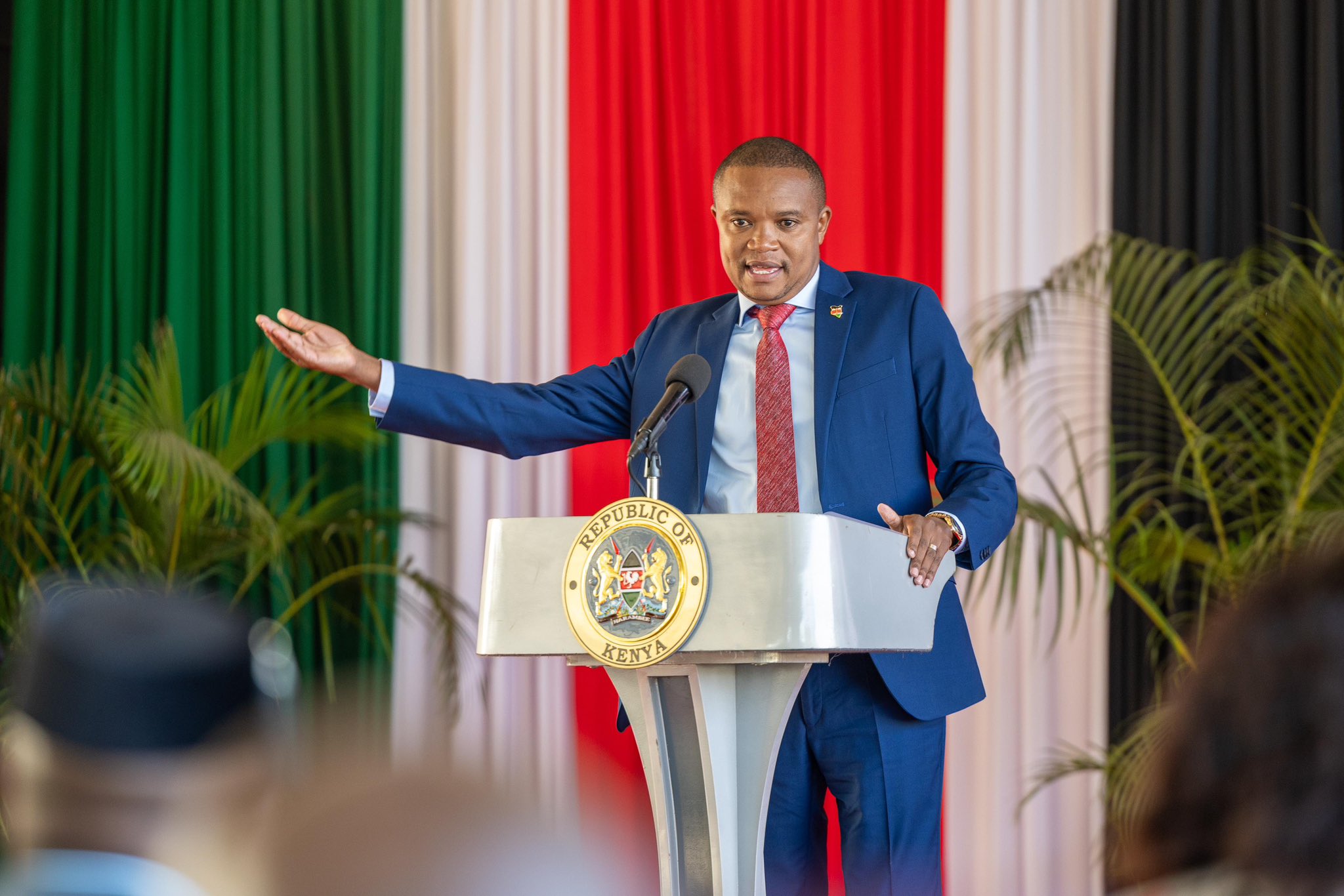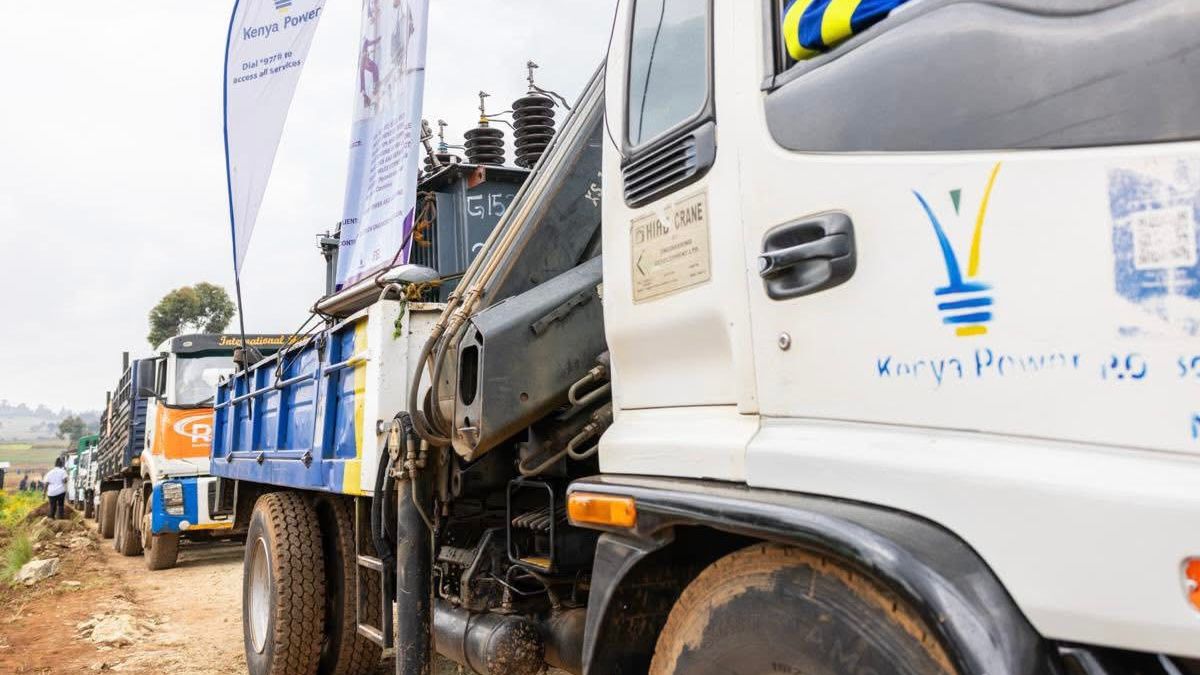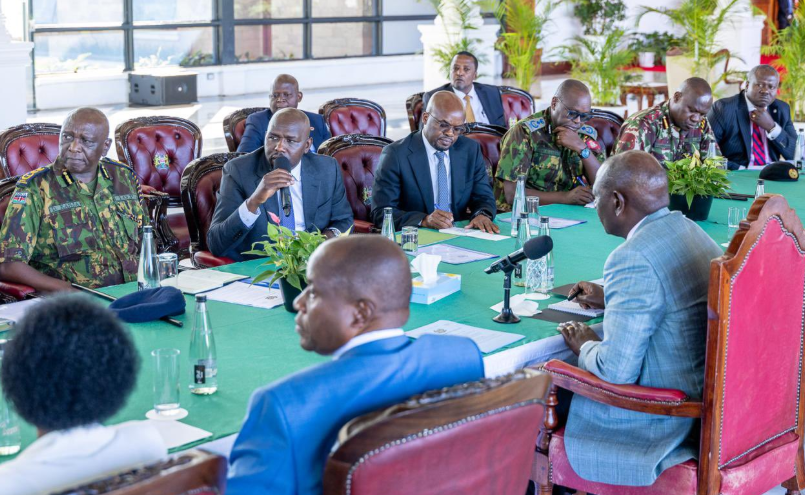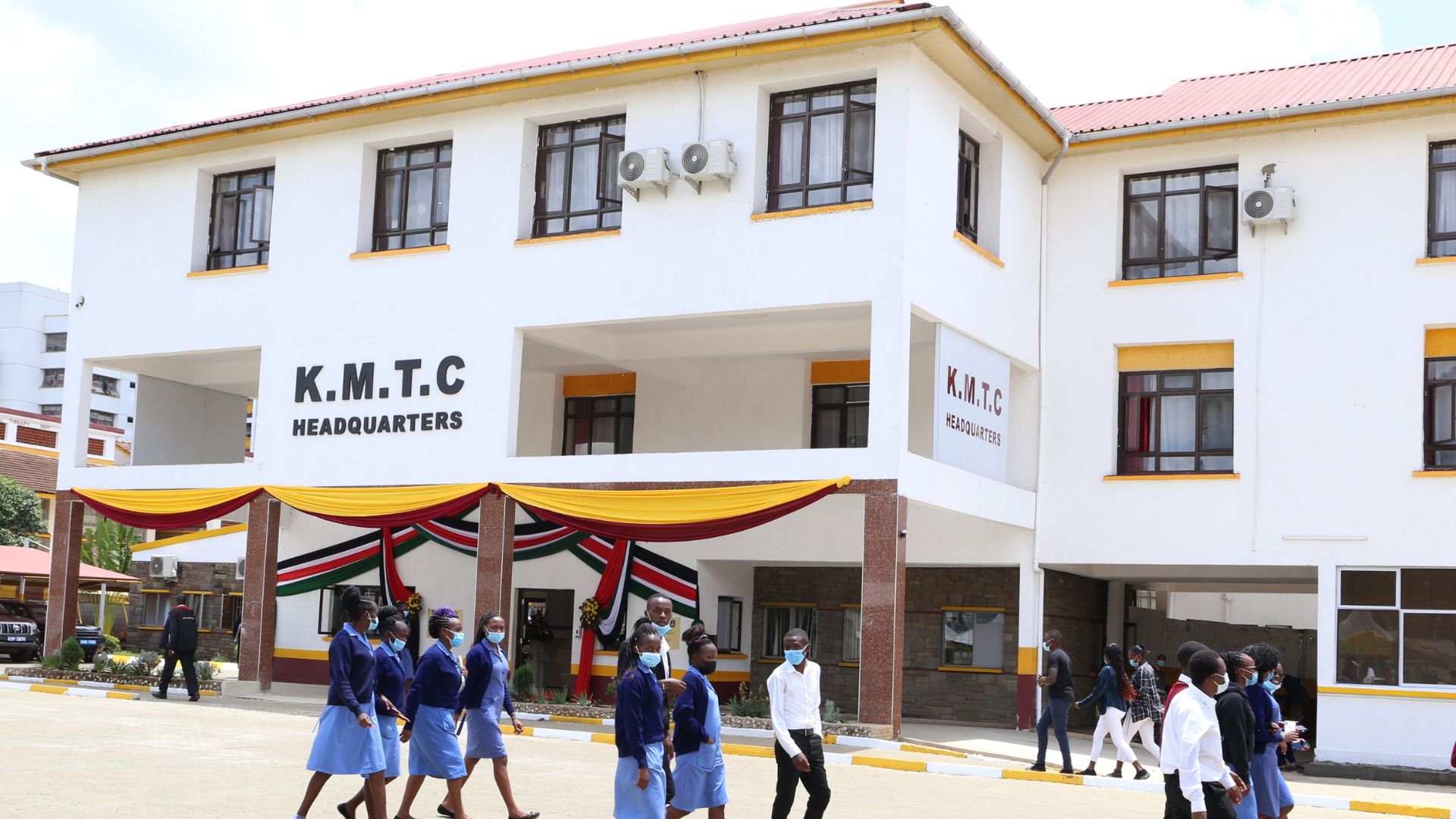The Chairman of the National Assembly Committee on Finance and Planning, Kimani Kuria, has disclosed that the proposed 16% value added tax (VAT) on bread in the Finance Bill 2024 has been dropped.
Addressing the press at State House, Nairobi, on Tuesday, June 18, after a Kenya Kwanza Parliamentary Group meeting, the Molo MP intimated that the move was made in order to protect Kenyans from the increased cost of living.
"We are all in agreement that there are two things we must do. One of them is to protect Kenyans from from increased cost of living and therefore the proposed 16 percent VAT on bread has been dropped," Kuria stated.
"To support again on reducing the cost of living, we're doing something about vegetable oil so that we do not make it expensive for Kenyans," he added.
The lawmaker further disclosed that there was not going to be an increase in the taxation of mobile transfer services.
Read More
On the Social Health Insurance Fund (SHIF) and Housing Levy statutory deductions, the MP noted that the deductions will be allowable to PAYE and therefore salaried Kenyans will not pay an additional tax on them.
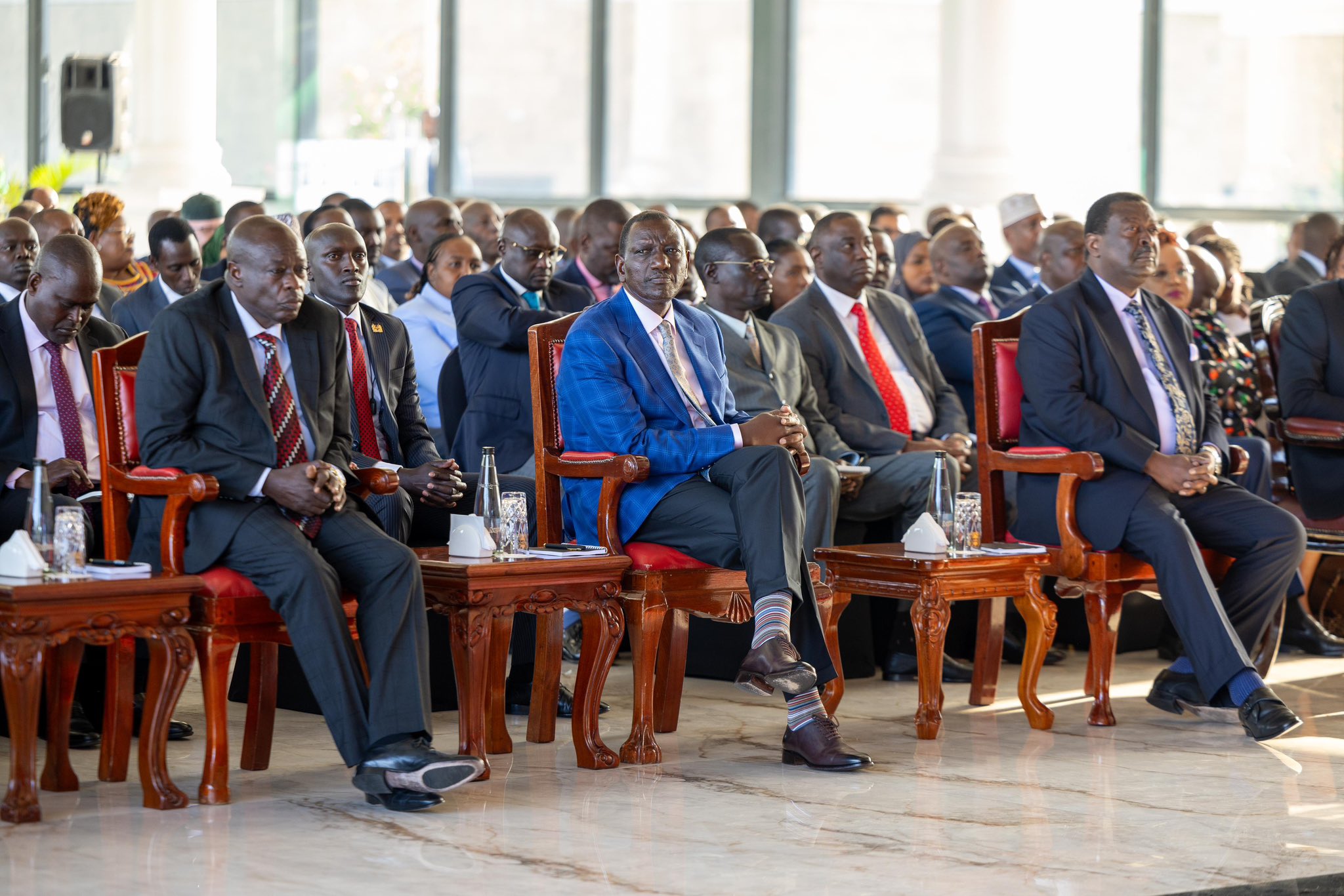
"Levies on the Housing Fund and Social Health Insurance will become income tax deductible. This means the levies will not attract income tax, putting much more money in the pockets of employees," he remarked.
Kuria further disclosed that the VAT on the transportation of sugar and the 2.5 per cent Motor Vehicle Tax were removed.
On the Eco Levy, he noted that locally manufactured products will not attract the levy as it will only apply to imported finished products.
"Consequently, locally manufactured products, including sanitary towels, diapers, phones, computers, tyres and motor cycles, will not attract the Eco Levy," he stated.
The legislator further pointed out that VAT registration had been increased from KSh5 million to KSh8 million, which meant that many small businesses would no longer need to register for VAT.
Kuria added that the responsibility for electronic invoicing ETIMS, which was recently introduced by KRA, was removed from farmers and small businesses with a turnover below Ksh1 million.
On the other hand, he disclosed that excise duty had been imposed on imported table eggs, onions and potatoes to protect local farmers.
The MP also noted that excise duty on alcoholic beverages will now be taxed on the basis of alcohol content and not volume.
"The higher the alcohol content, the more excise duty it will attract. Consequently, alcohol manufacturers are expected to make safer and cheaper alcohol," Kuria said.
According to the MP, pension contribution exemption will increase from Ksh20,000 per month to Ksh30,000.
Kuria noted that President William Ruto informed the Kenya Kwanza PG that the Executive and Legislature will continue making the right decisions no matter how difficult they may be.
"The President also commended national institutions for working effectively in a democratic Kenya. The National Assembly has changed the Finance Bill that was prepared by the Executive. This is as it should be," Kuria concluded.
